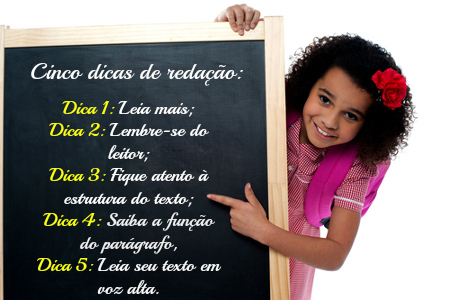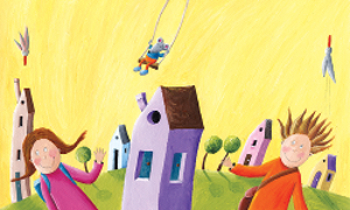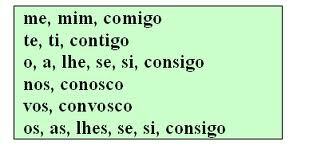Do you like to write? Unfortunately many people answer this question with a resounding “no”... Well, we know that writing isn't always an easy task, but it doesn't always have to be the hardest thing in the world, right? The difficulty in organizing ideas on paper is related to the lack of reading, as it is undeniable that those who read more are more likely to write good texts.
When we read, even without realizing it, we learn the rules of the Portuguese language in practice, without “memorizing”. This is because, when we get in touch with the standard rule (which is usually the record adopted in most books, whether literary or didactic), we have the opportunity to learn more about how the language works in the written modality. Thus, the more we read, the more in tune with the language we become. How about starting reading right now? Kids School has prepared for you five writing tips simple and effective that will help you improve your text writing. Come on?
Writing Tips
Tip 1 ► Read more: Our first tip couldn't be another one, because tips help, but they don't work miracles. Everything should start with you, and the first thing you should do is make the book (whether printed or digital) your best friend. No laziness, remember that there is no better way to learn the rules of the Portuguese language. Don't you keep complaining that you don't understand grammar? That's right, this is your opportunity to get away from the “memorize” to understand once and for all this language that you've mastered since you were little!
Tip 2 ► The reader's time and turn:For those who write a non-literary text, there is no person more important than the reader. The problem is that many people forget this "detail" and write texts that are uninteresting or too long, inadequate feature especially if we think that nowadays, unfortunately, most people do not have much time to read. Be objective, choose an accessible vocabulary that makes reading your text a pleasure, not a real torture. The main purpose of written texts, as well as oral ones, is communication. If there is no communication between the writer and the reader, it would be useless to write a text, right?

Reading more, paying attention to the structure of the text, worrying about the reader and reading the text aloud are among the main writing tips
Tip 3 ► Pay attention to the structure of the text:Non-literary texts, especially essay-argumentative texts, are composed of well-defined parts. They are: introduction, development and conclusion. In the introduction, as the name implies, you must present to your reader the topic that will be covered in your text, and this must be done objectively, preferably with short periods. In the development, which usually has two or three paragraphs, you should argue and try to convince the reader of your ideas, always going back to that theme you presented in the introduction. In conclusion, summarize the problem presented in the text and never, ever, present new data or information in this part of the text, agreed?
Tip 4 ► Understand the function of the paragraph: Here is one of the most important elements of a text: the paragraph. He must always start with a phrasal topic, which is nothing more than the prayer that introduces the core idea that will be developed in it. Each paragraph must contain only one core idea, which will be defended through secondary ideas. If you find yourself changing the subject within a paragraph, it's time to finish it and move on to the next one. But if you still finished your text and after careful reading you realized that you didn't follow this golden rule, don't be lazy: reorganize it and, if necessary, rewrite it, right?
Tip 5 ► Read your text aloud:Did you know that this is a very common exercise even among great writers? That's right, not even the most skilled with the written word give up on rereading the text itself, and preferably, aloud. This type of reading can help you find possible errors, among them, concordance and cohesion errors, since you can come across inappropriate ideas, repeated words and even whole sentences that do not contribute anything to the development of your text. So before your reader finds your mistakes, do this first.
We hope you enjoyed our Portuguese language super tips! Now just enjoy them and... good studies!
By Luana Castro
Graduated in Letters


